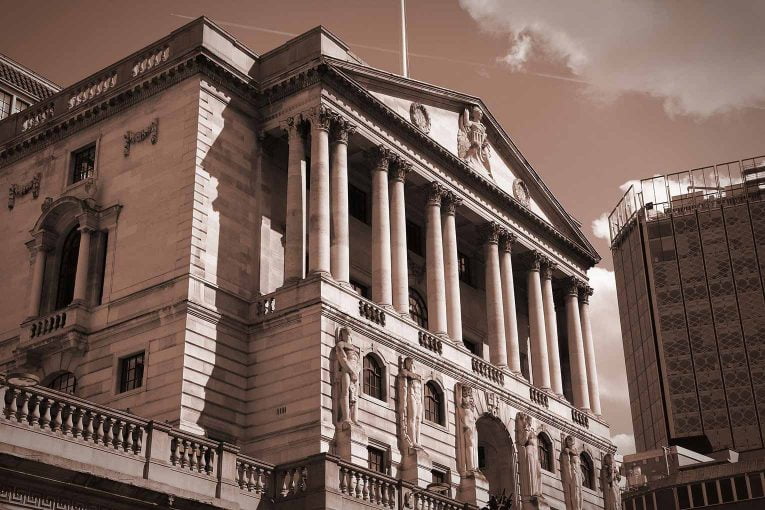The Bank of England has reported that there was a further strengthening of the mortgage market in September.
On net, households borrowed an additional £4.8 billion secured on their homes, following borrowing of £3.0 billion in August. This pickup in borrowing follows high levels of mortgage approvals for house purchase seen over recent months.
Mortgage borrowing troughed at £0.2 billion in April, but has since recovered reaching levels slightly higher than the average of £4.0 billion in the six months to February 2020. The increase on the month reflected higher gross borrowing of £20.5 billion, although this remains below the February level of £23.4 billion.
The number of mortgage approvals for house purchase continued increasing sharply in September, to 91,500 from 85,500 in August. This was the highest number of approvals since September 2007, and is 24% higher than approvals in February 2020. Approvals in September were around 10 times higher than the trough of 9,300 approvals in May.
Approvals for remortgage are slightly lower than in August, at 32,700, and remain 38% lower than in February 2020.
Andrew Montlake, managing director at Coreco, said: “Pent-up demand following lockdown, coupled with the stamp duty holiday surge, saw mortgage approvals skyrocket in September. The last time mortgage approvals were this high was immediately prior to the global financial crisis that started in 2007.
“As welcome as these mortgage figures are, it’s common knowledge that the post-lockdown bull run is already over. Lenders have been pulling down the shutters due to ongoing struggles with capacity and concerns over rising unemployment levels, specifically the impact on house price growth.
“What’s crucial is that the major lenders don’t go too far and start pulling products for more robust borrowers with larger deposits.
“As surreal as 2020 has been, the onus is on lenders to keep it real as we enter the winter months.
“There are still many landlords and owner-occupiers with equity and decent incomes, who are perfectly viable borrowers, and the banks shouldn’t forget this.”



